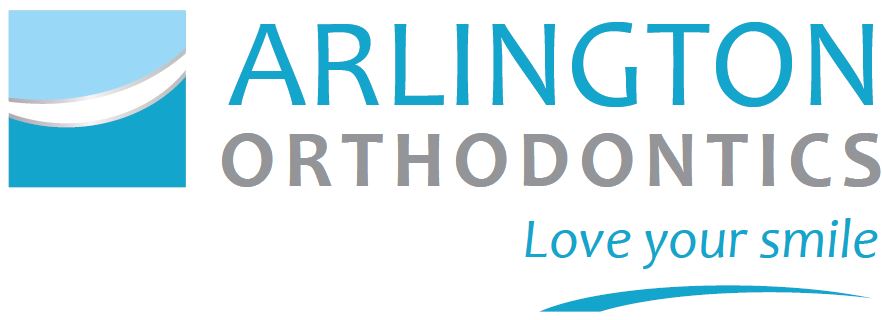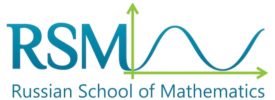The Challenge: Good, but Limiting Technology
Carrying out highly detailed and accurate investigations of physics, chemistry and biology can be a challenge when you’re tied down to a computer lab station connection in a classroom. For several years, Arlington High School science students have had access to several Vernier digital probes connected to computers, however, these connections put significant constraints on students’ ability to conduct lab experiments “in the field.”
How AEF Helped: New Technology Changes the Landscape
Through an Innovations in Education grant, the Arlington High School science department purchased 10 LabQuest Mini digital probes so now students’ lab experiments and data collection are no longer tethered to classroom desktops. The new probes run off of USB power and allow data to be saved directly to a portable laptop. This means that students can use an interface they are already familiar and comfortable with, but now they can take the probes anywhere to conduct experiments outside the classroom, saving the results for later analysis and documentation.
Impact: Science Experiments Can Occur Anywhere
With the use of the new LabQuest Mini digital probes, students can experiment and collect data virtually anywhere. Previously, when students launched water bottle rockets on the athletic field, they were forced to use video and clinometers to infer launch velocities, based on altitude. With the new LabQuest Mini digital probes, students are able to take the probes to the athletic field and measure launch velocities directly. Similarly, student will be able to take the probes around the high school building to study the acoustics of its hallways and stairwells. With the new digital probes, science experiments are no longer limited to science classrooms.
“The students have been using the new interface for the digital probes in all of our labs: it has made setting up the lab material much easier and more straightforward. I have also been experimenting with using lab equipment outside the classroom, and have plans to go even further and farther.”
John Macuk
– AHS, Science teacher









